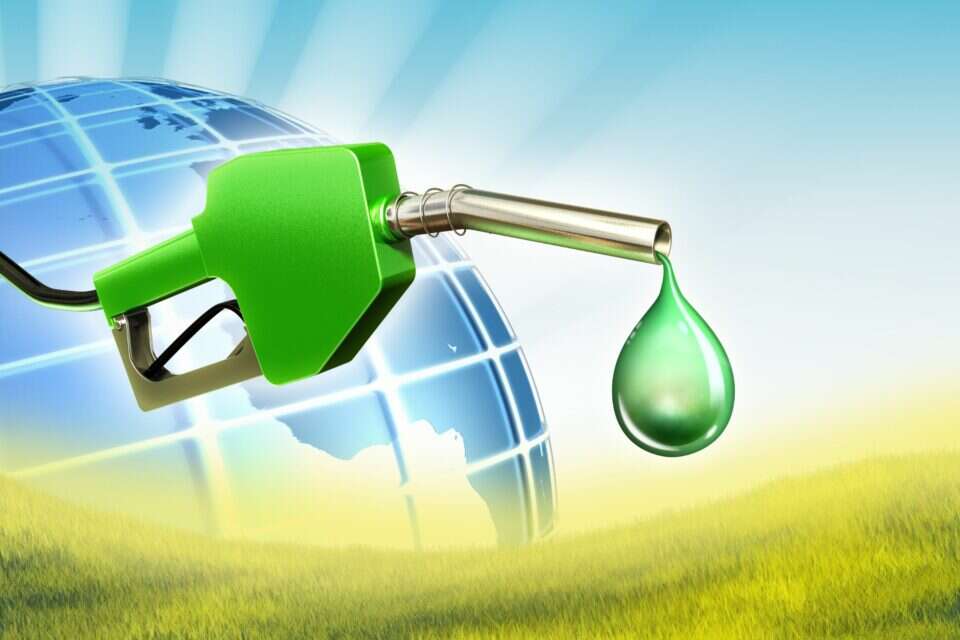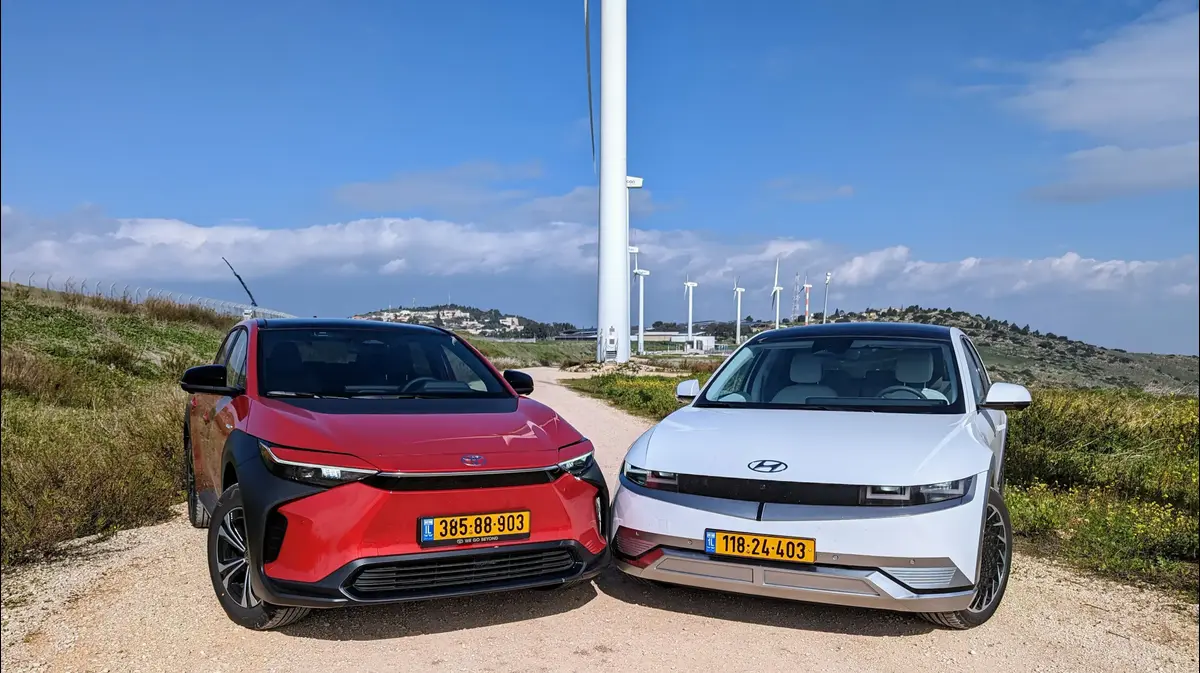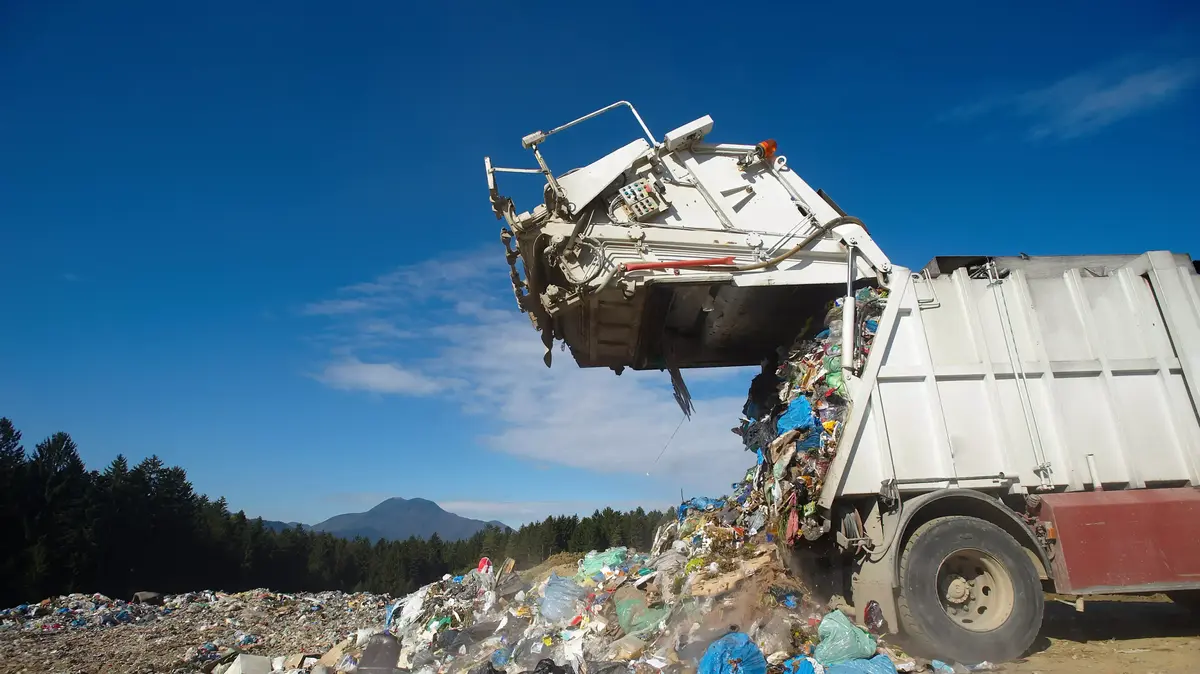In short for the impatient:
How do you reduce your monthly car costs and not just by saving on the price of car insurance?
The monthly expenditure on fuel is about 1,000 shekels a month and can easily be reduced
Avoid rapid acceleration of the vehicle.
The jump from 100 km / h to 150 km / h will lead to a 55% jump in fuel consumption
Vehicle with manual transmission is more fuel efficient
Buying a new car?
It is worth investing a little more and buying a fuel-efficient vehicle, with an emphasis on hybrid vehicles
No budget for a new car?
There is something to do.
Reduce load in the trunk, and make sure there is enough air in the wheels
Driving fast with open windows instead of an air conditioner will actually increase fuel consumption
The last few months have been challenging for many households that have had to cut expenses following leaving the family or dismissing one of the family members. In other words, the expected distance that the vehicle is expected to cover during the year can reduce the cost of insurance by up to 25%, saving hundreds and even thousands of shekels per year. Km) and receives a quote based on his forecast without weSure requiring him to install any means in the vehicle, to make sure he does not exceed the mileage he stated.
The cheapest compulsory insurance in Israel.
Checking and saving >>
But there are other ways to reduce car expenses during such a period and one of them is to reduce expenses on fuel consumption, one of the heavier expenses for car maintenance.
The average driving distance of a private car in Israel is about 20,000 km a year, which translates to a monthly expense of about 1,000 shekels a month for refueling.
But this expense can be easily reduced even without reducing the travel distances.
How to save fuel?
Avoid rapid acceleration
It's no secret that the faster the car travels, the higher the fuel consumption but what affects the fuel consumption even more is how the acceleration of driving and the transition from one speed to another.
Driving at a speed of about 80 km / h is considered the most efficient in terms of fuel consumption (but the exact speed for maximum fuel utilization varies from car to car). What is certain is that driving over 100 km / h jumps fuel consumption.
Driving at 120-130 km / h is not only more dangerous and increases the risk of road accidents and sometimes even illegal, it also jumps the fuel consumption by 20%. Increasing speed from 100 km / h to 130 km / h Increase vehicle consumption by 25% while a sharp transition from 100 km / h to 150 km / h will boost consumption by 55%. Calmer and less frenetic drivers are also more fuel efficient and on the road drive significantly safer, which is to be expected Also reduce the probability of an accident and the operation of compulsory car insurance and comprehensive car insurance.
A more economical manual vehicle
Automakers have come a long way in refining automatic cars and making them more fuel efficient, but still cars with manual transmission are considered more fuel efficient.
In Europe, manual cars are more common and when traveling and renting a car, as much as you want to save on the fuel expenses of long journeys during a trip, it is better to rent a manual car instead of an automatic.
When driving in manual gear it is better to accelerate during a descent and let go, as much as possible, of its ascent.
A rule of thumb is to be careful when touching the brakes.
Each braking of the vehicle requires re-pressing the gas to re-accelerate it.
Pressing the fuel pedal is better to be careful and gentle as opposed to sharp pressing.
It is also better to perform the deceleration process slowly and carefully.
For more details click here >>
Choosing a fuel-efficient vehicle
Car manufacturers are aware of the costly cost of fuel consumption and have been working in recent years to improve and streamline the fuel consumption mechanisms in vehicles, along with the important process of making cars greener and less harmful to the environment.
Vehicles that are considered more fuel efficient in recent years are the hybrid vehicles or plug-in hybrids alongside the fully electric vehicles that are gaining momentum but are completely dependent on the deployment of charging stations.
The fair car is driven and driven on the basis of a combination of electricity (which comes from batteries) and fuel (like a regular car that comes from the fuel cell).
In the classic hybrid the batteries are charged by the internal combustion engine (petrol) while in the plug-in cars the batteries are charged by an electrical connection.
It is important to emphasize that using electricity throughout part or all of the trip significantly saves fuel.
The beauty of hybrid vehicles is the gradual adaptation to the transition to electric charging while "backing up" in the form of a fuel-based internal combustion engine.
Did you stay with the old and wasteful car? There is still something to do
Even if you have decided not to renew with an economical hybrid vehicle, it is possible to save on fuel costs in an existing vehicle.
First, it is important to check the air pressure on the wheels every two weeks.
Too low a pressure increases fuel consumption.
Periodic care and regular maintenance of the vehicle will also prevent the vehicle from becoming more wasteful as it ages.
In addition, there is a direct relationship between the weight of the vehicle and the level of fuel consumption.
Did you turn the trunk into a child's bicycle shed?
You may want to look for another solution.
Heavy objects placed in the trunk make the vehicle heavier and one that burns more fuel.
Breaking myths about an air conditioner in a car
Remember how our parents would allow us to close the car windows when the air conditioner was open or alternatively settle for the wind blowing from the window to cool us while driving on hot summer days?
So it turns out that if we settle for open windows without air conditioning at 100 km / h, we will save only 10% on fuel consumption compared to driving with air conditioning and closed windows. It is not certain that this is a saving that justifies this suffering. With open windows and no air conditioning, we will actually increase fuel consumption by 10%.
For more details click here >>








